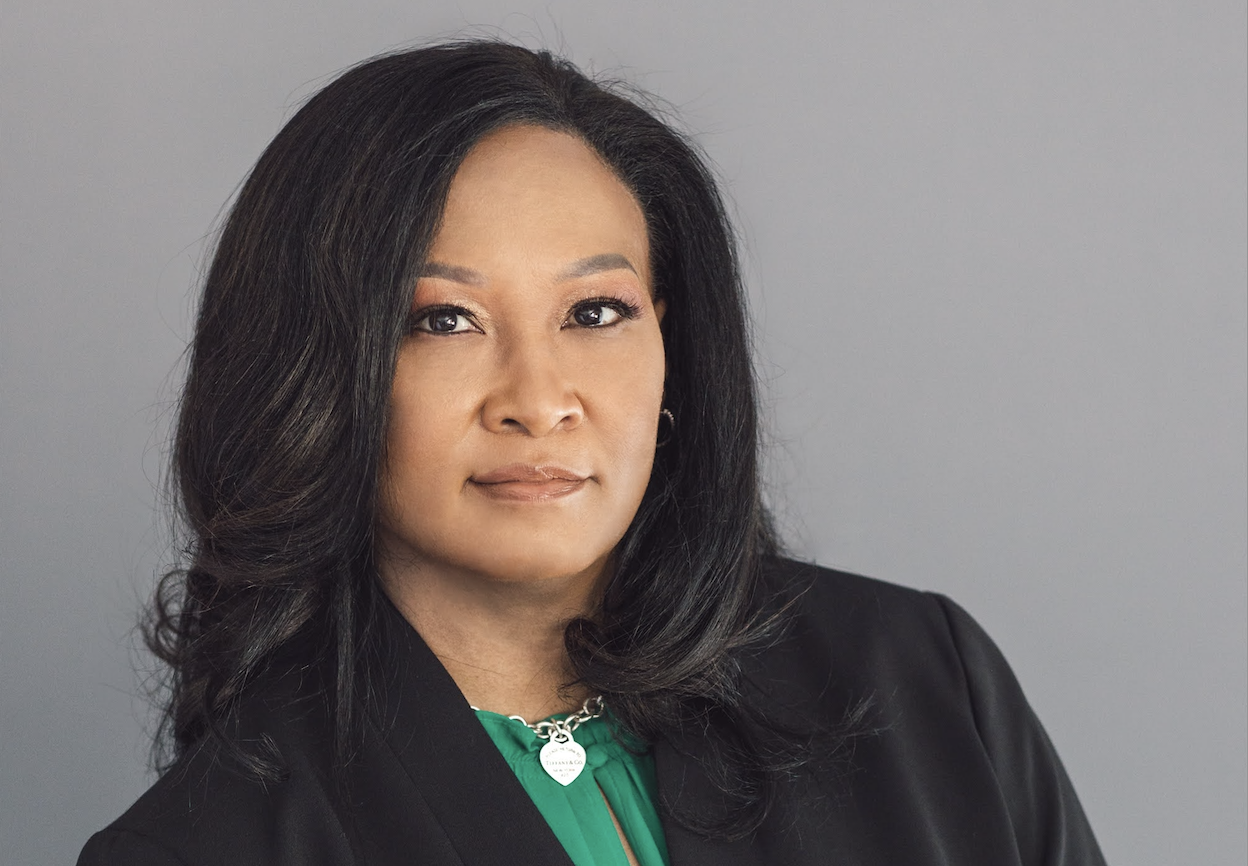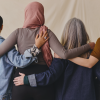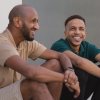 The first time Dr. Stephanie Lockett “matched” with a patient, it was unexpected. She didn’t realize her company, Included Health, had a department that linked clients with therapists or psychiatrists with shared backgrounds or interests. When one of her patients told her that they had been matched, she felt an immense sense of pride—and also a greater sense of responsibility.
The first time Dr. Stephanie Lockett “matched” with a patient, it was unexpected. She didn’t realize her company, Included Health, had a department that linked clients with therapists or psychiatrists with shared backgrounds or interests. When one of her patients told her that they had been matched, she felt an immense sense of pride—and also a greater sense of responsibility.
“My passion has always been helping the underserved,” said Lockett, who has been a psychiatrist for more than two decades. “I am in a company where my presence on that platform serves a purpose of meeting the needs of the underserved and minority population. I’m ecstatic.”
A graduate of Howard University, Dr. Lockett felt the enormous impact she could make through psychiatry during an introduction to the field in medical school.
“When I got to the psychiatry rotation, it just hit me that when you help someone with their mental health, you are helping every aspect of their life,” she said. “When their mental health improves, they are able to hold down a job, interact appropriately with their family, interact in their social circles…every aspect of their life is improved.”
Mental health is one of the top medical issue facing the Black community, Dr. Lockett said. The stigma and the shame block people from getting the help they need.
“The Black community struggles with hypertension, diabetes…and we treat it with medications,” she said. “Are you ashamed to pull out an inhaler if you are having an asthma attack? Mental illness is a medical illness.”
Dr. Lockett is among a very small number of black psychiatrists in the U.S. Only 2 percent of the estimated 41,000 psychiatrists in the U.S. are Black, according to the American Psychiatric Association (APA).
This has dire consequences for Black individuals needing treatment. According to a 2021 survey by the Substance Abuse and Mental Health Services Administration (SAMHSA), 21% of Black and African Americans reported having a mental illness, compared to 23.9% of non-Hispanic Whites. However, just 39% of Black and African Americans received mental health services compared to non-Hispanic Whites (52%).
Dr. Lockett said there has always been a stigma in the black and brown communities associated with medicine in general. Add on top of that the stigma surrounding mental health, and it becomes an even bigger hurdle to overcome.
“We don’t seek out psychiatrists and therapists because that’s not what black and brown people do. We go to church. We pray,” she said. “We are ‘stronger than that.’ That dates back to having to overcome a lot of things. We take it upon ourselves to just be overcomers instead of seeking the actual help that we deserve like everyone else.”
But in her work through telehealth, she finds patients are more open to seeking help. Through the telemedicine platform, no one is watching them walk into a psychiatry office. They can be in the comfort of their own home and are able to freely discuss whatever they need to without looking over their shoulder.
And when they find psychiatrists like Dr. Lockett who understand what it is like living as a Black person in America today, it makes seeking help much easier.
“When people tell me about being followed in a store or being pulled over without good reason, some patients may be looked at as paranoid and called paranoid,” she said. “Whereas I can hear the story and I can say I’ve had that happen. I’m not paranoid.”
While Dr. Lockett has had nothing but positive interactions with law enforcement, she has family and friends who have not.
“I understand why you get nervous and can’t go to certain places,” she said. “There are certain places I wouldn’t feel comfortable going. When they have said this to other providers, they kind of get a cool, blank look. They can tell the person doesn’t appreciate the gravity of it. They don’t believe them or are making some sort of judgment of their mental health.”
It’s this unique perspective that has her patients expressing their gratitude and relief in finding mental health help that is unique to them.
“If I can help make a difference for just one person a day, it just makes my whole day,” Dr. Locket said.








